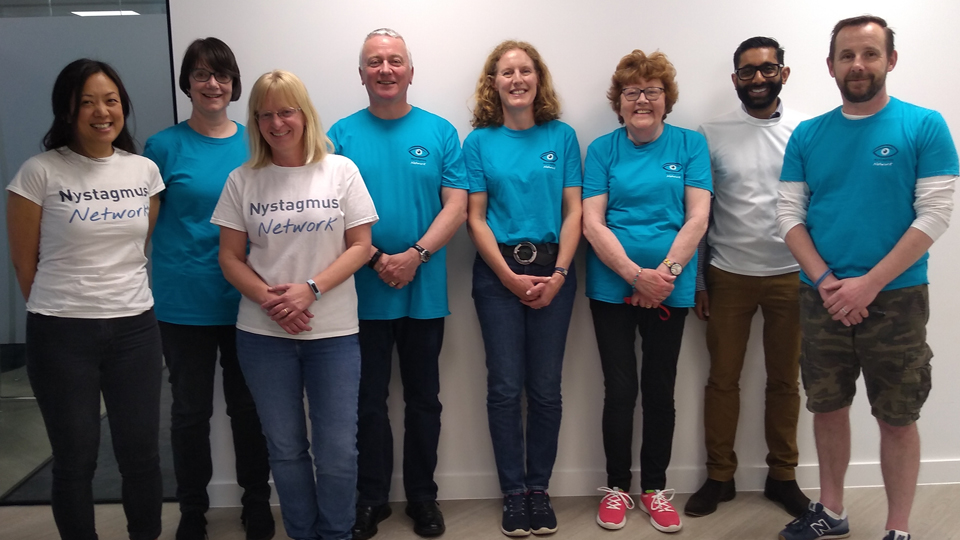Nystagmus Awareness Day shines spotlight on “relatively unknown but prevalent” condition
The Nystagmus Network is highlighting the importance of visual-impairment friendly stairs through its ‘Step Up For Nystagmus’ campaign
2 min read

20 June 2022
The Nystagmus Network has launched a campaign to raise awareness of nystagmus, by highlighting the importance of visual impairment-friendly stairs.
In recognition of Nystagmus Awareness Day today (20 June), the charity is asking supporters to ‘Step Up For Nystagmus’ to educate people on the symptoms.
An estimated one in 1000 people in the UK have nystagmus, characterised by uncontrollable movements of the eyes and affecting focus, scanning and facial recognition.
Prevalence
An estimated one in 1000 people in the UK have nystagmus
This means that negotiating stairs can be a challenge, something that was further complicated during the pandemic when face masks were required in many public places.
Nystagmus Network information support officer, Hanni Heather, encouraged supporters to get involved by photographing examples of visual impairment-friendly staircases.
Heather, who has congenital nystagmus, said: “Good contrast, marked steps and well-fitted handrails all make life that little bit easier for someone with nystagmus and help us to be confident and independent within our community. Talking about nystagmus is the best way to raise awareness of it.”

Nystagmus Network trustees: Karen Chu, Kathryn Swanston, Vicky Pitman, Tim Cuddeford, Claire Brinn, Vivien Jones, Harshal Kubavat, and Peter Greenwood
Tim Cuddeford, chair of trustees for the charity, emphasised the importance of shining a light on “this relatively unknown but prevalent condition,” noting that it is the most common visual impairment in school-aged children.
“People with nystagmus need advice and support from experts, as well as awareness from the general public on adaptations and other support they might need,” Cuddeford said.
Nystagmus is a lifelong condition with no long-term effective treatments or cures.
There are two forms of the visual impairment: congenital nystagmus, which presents in the first few weeks or months of life, and acquired nystagmus, which can occur at any time but is often associated with another health condition, such as a head injury, stroke, multiple sclerosis or brain tumour.


Comments (0)
You must be logged in to join the discussion. Log in